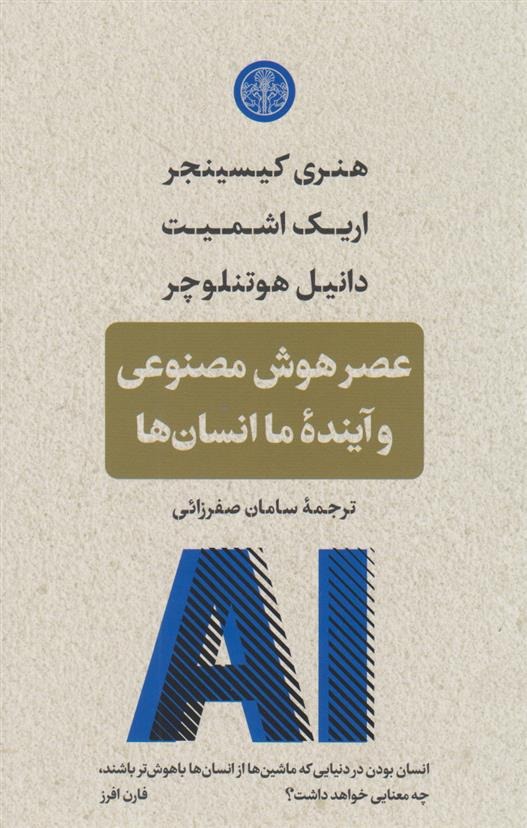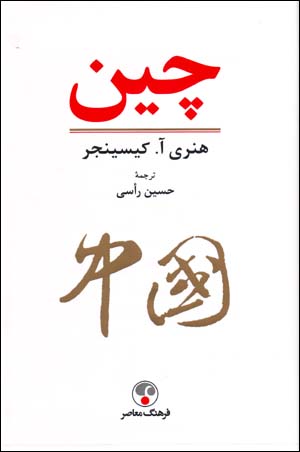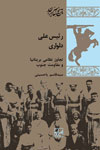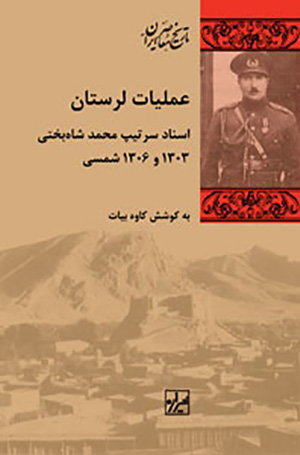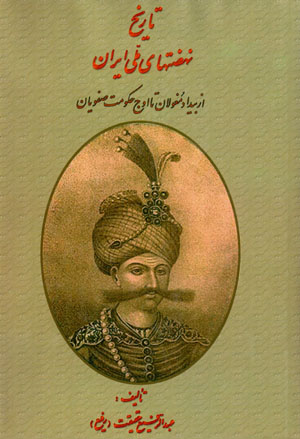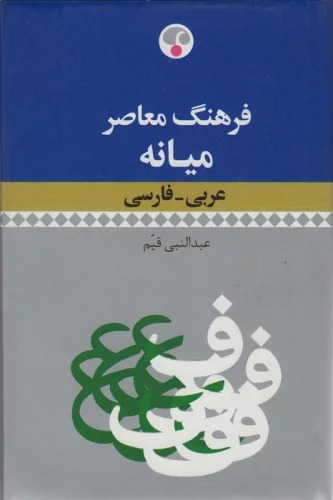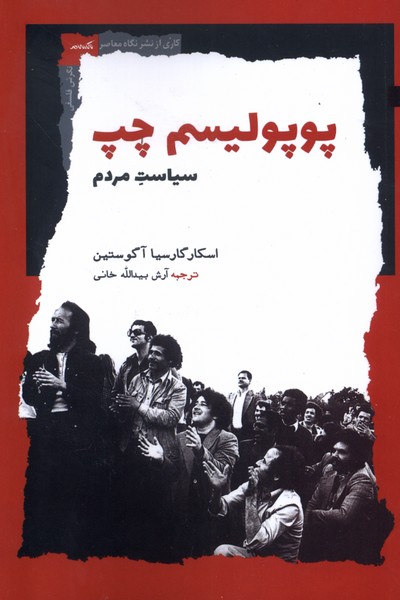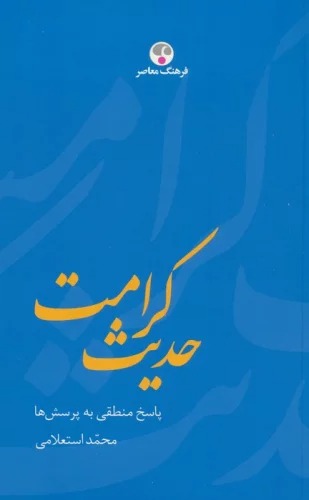رهبری (مطالعه شش استراتژی جهانی) فارسی 1403
Rahbarī (Muṭali'ah-yi Shish Istiratizhi-yi Jahani)
35٫20 £
اشتراکگذاری
Wishlist
عنوان اصلی:
Leadership : Six Studies in World Strategy
شابک:
9786001052965
مترجم:
Ḥusayn Rāsī
ناشر:
Farhang-i Mu'asir
گروه سنی:
بزرگسال
صفحات:
784
وزن:
855 g
ابعاد:
14 x 21 x 8 cm
جلد کتاب:
جلد سخت
Henry Kissinger analyses how six extraordinary leaders he has known have shaped their countries and the world'Leaders,' writes Henry Kissinger in this compelling book, 'think and act at the intersection of two the first, between the past and the future; the second between the abiding values and aspirations of those they lead. They must balance what they know, which is necessarily drawn from the past, with what they intuit about the future, which is inherently conjectural and uncertain. It is this intuitive grasp of direction that enables leaders to set objectives and lay down a strategy.'In Leadership , Kissinger analyses the lives of six extraordinary leaders through the distinctive strategies of statecraft which he believes they embodied. After the Second World War, Konrad Adenauer brought defeated and morally bankrupt Germany back into the community of nations by what Kissinger calls 'the strategy of humility'. Charles de Gaulle set France beside the victorious Allies and renewed its historic grandeur by 'the strategy of will'. During the Cold War, Richard Nixon gave geostrategic advantage to the United States by 'the strategy of equilibrium'. After twenty-five years of conflict, Anwar Sadat brought a vision of peace to the Middle East by a 'strategy of transcendence'. Against the odds, Lee Kwan Yew created a powerhouse city-state, Singapore, by 'the strategy of excellence'. Although when she came to power Britain was known as 'the sick man of Europe', Margaret Thatcher renewed her country's morale and international position by 'the strategy of conviction'.To each of these studies, Kissinger brings historical perception, public experience and - because he knew each of their subjects, and participated in many of the events he describes - personal knowledge. The book is enriched by insights and judgements such as only he could make, and concludes with his reflections on world order and the indispensability of leadership today.
more
هنری کیسینجر در این کتاب قانعکننده مینویسد: «رهبران در تقاطع دو محور فکر میکنند و عمل میکنند: اول، بین گذشته و آینده. دوم، بین ارزشها و آرمانهای پایدار کسانی که رهبری میکنند. آنها باید آنچه را که میدانند، که لزوما برگرفته از گذشته است، با آنچه در مورد آینده شهودی دارند، که ذاتا حدسی و نامطمئن است، متعادل کنند. این درک شهودی از جهت است که رهبران را قادر میسازد تا اهدافی را تعیین کرده و استراتژی تعیین کنند.»
کیسینجر در کتاب رهبری، زندگی شش رهبر خارقالعاده را از طریق استراتژیهای متمایز حکومتداری تحلیل میکند، که معتقد است آنها تجسم یافتهاند. پس از جنگ جهانی دوم، کنراد آدناور آلمان شکست خورده و از نظر اخلاقی ورشکسته را با آنچه کیسینجر "استراتژی فروتنی" می نامد، به جامعه ملل بازگرداند. شارل دوگل فرانسه را در کنار متفقین پیروز قرار داد و با «استراتژی اراده» عظمت تاریخی آن را تجدید کرد. در طول جنگ سرد، ریچارد نیکسون با «استراتژی تعادل» به ایالات متحده مزیت ژئواستراتژیک داد. پس از بیست و پنج سال درگیری، انور سادات با «استراتژی تعالی» چشم اندازی از صلح را به خاورمیانه آورد. در مقابل احتمالات، لی کوان یو با «استراتژی تعالی» یک دولت شهر قدرتمند، سنگاپور را ایجاد کرد. و اگر چه بریتانیا در زمان روی کار آمدن مارگارت تاچر به عنوان «مرد بیمار اروپا» شناخته میشد، اما او روحیه و موقعیت بینالمللی کشورش را با «استراتژی اعتقاد» تجدید کرد.
برای هر یک از این مطالعات، کیسینجر ادراک تاریخی، تجربه عمومی و - چون او هر یک از موضوعات را میشناخت و در بسیاری از رویدادهایی که توصیف میکند شرکت داشت - دانش شخصی به ارمغان میآورد. رهبری با بینشها و قضاوتهایی که فقط کیسینجر میتوانست انجام دهد غنی میشود و با تأملات خود در مورد نظم جهانی و ضرورت رهبری امروز نتیجه میگیرد.
more



